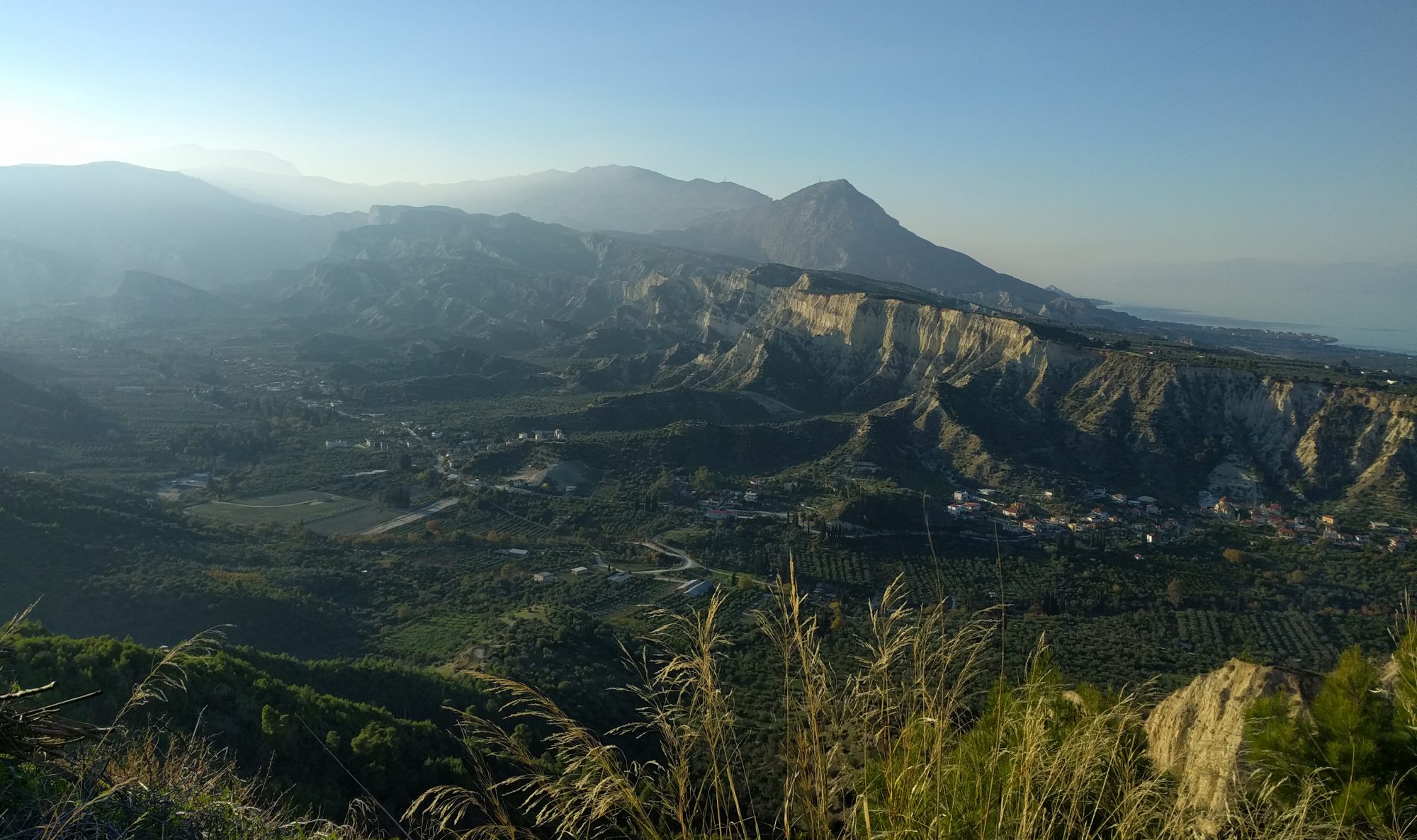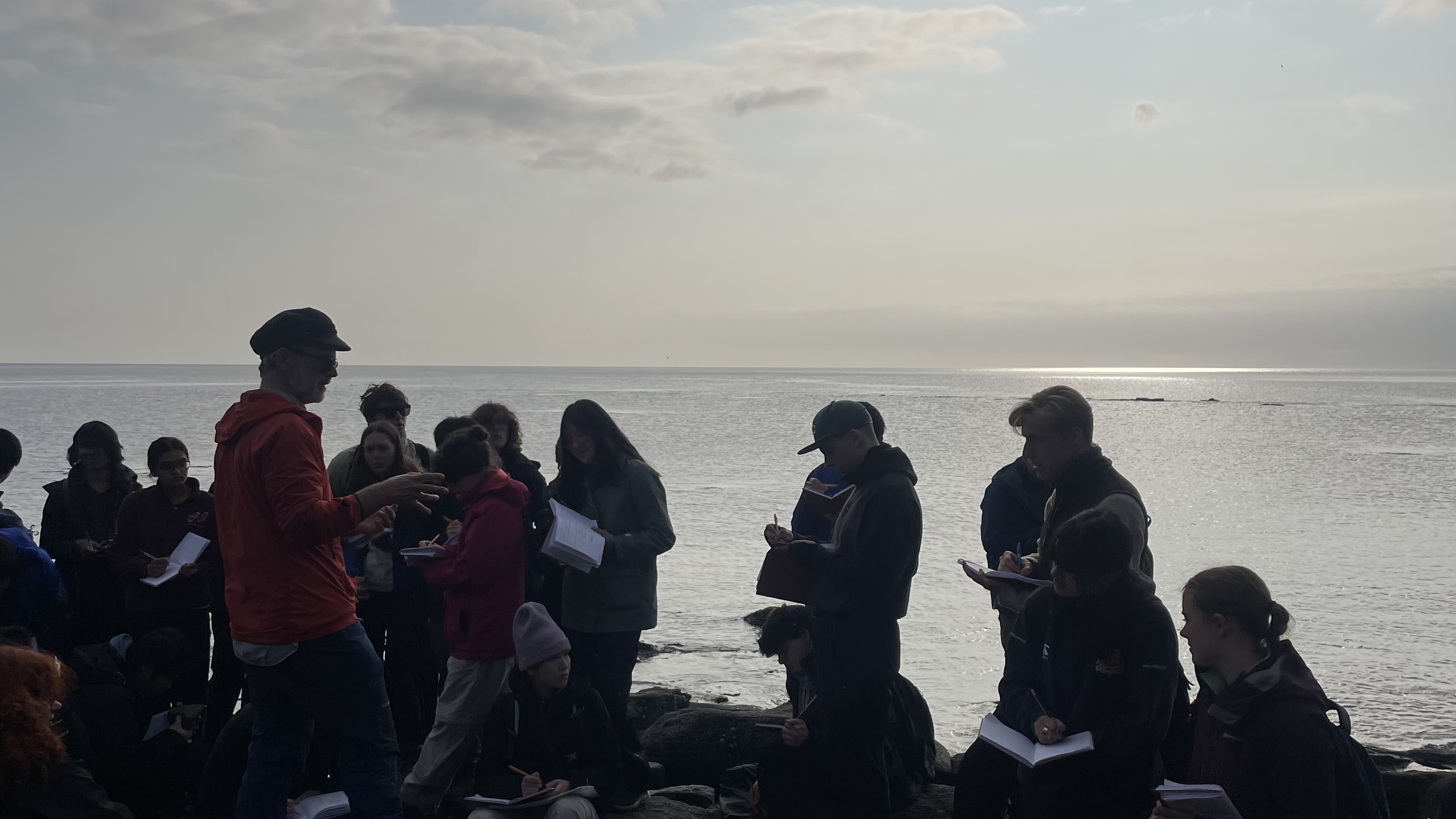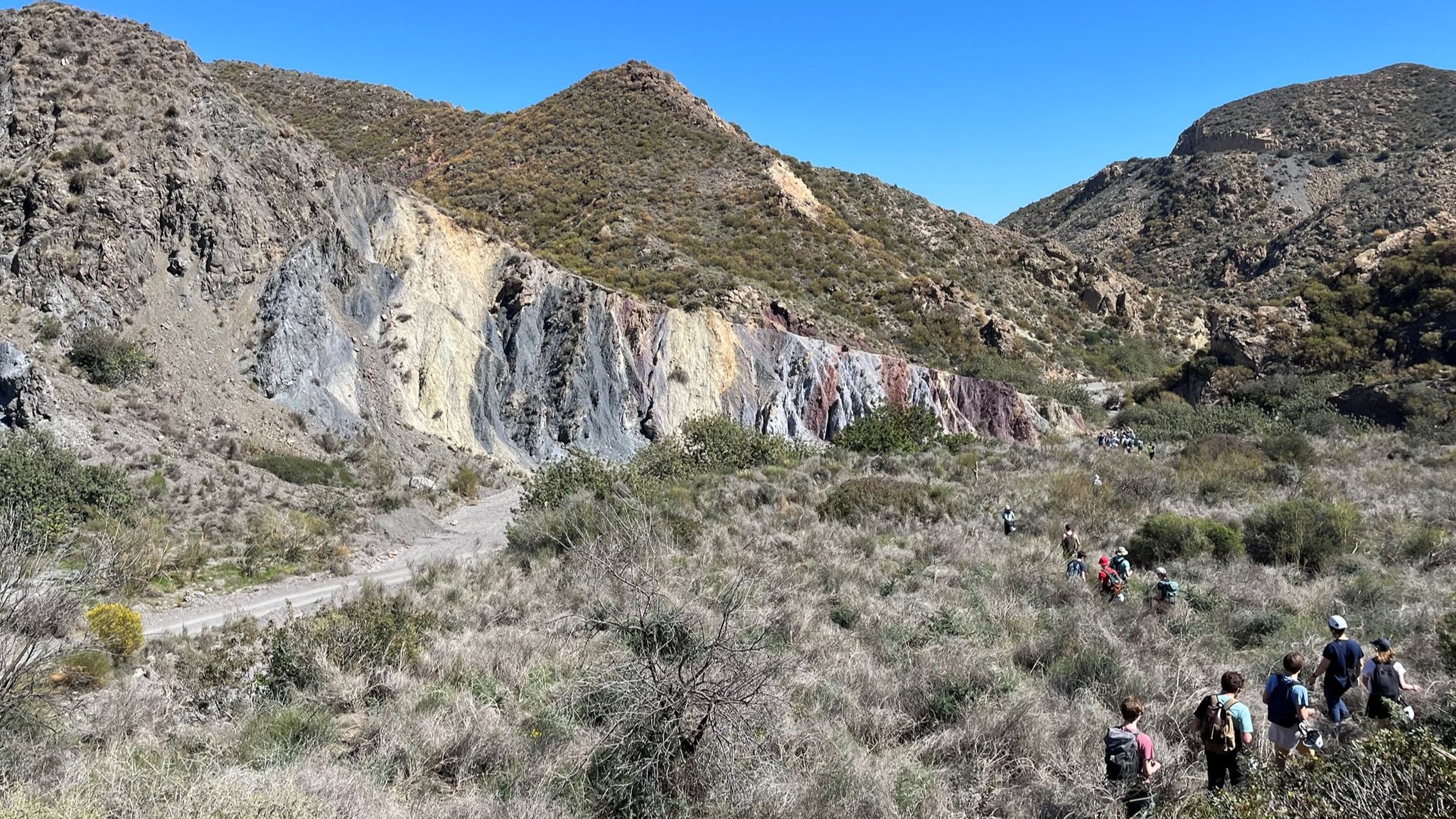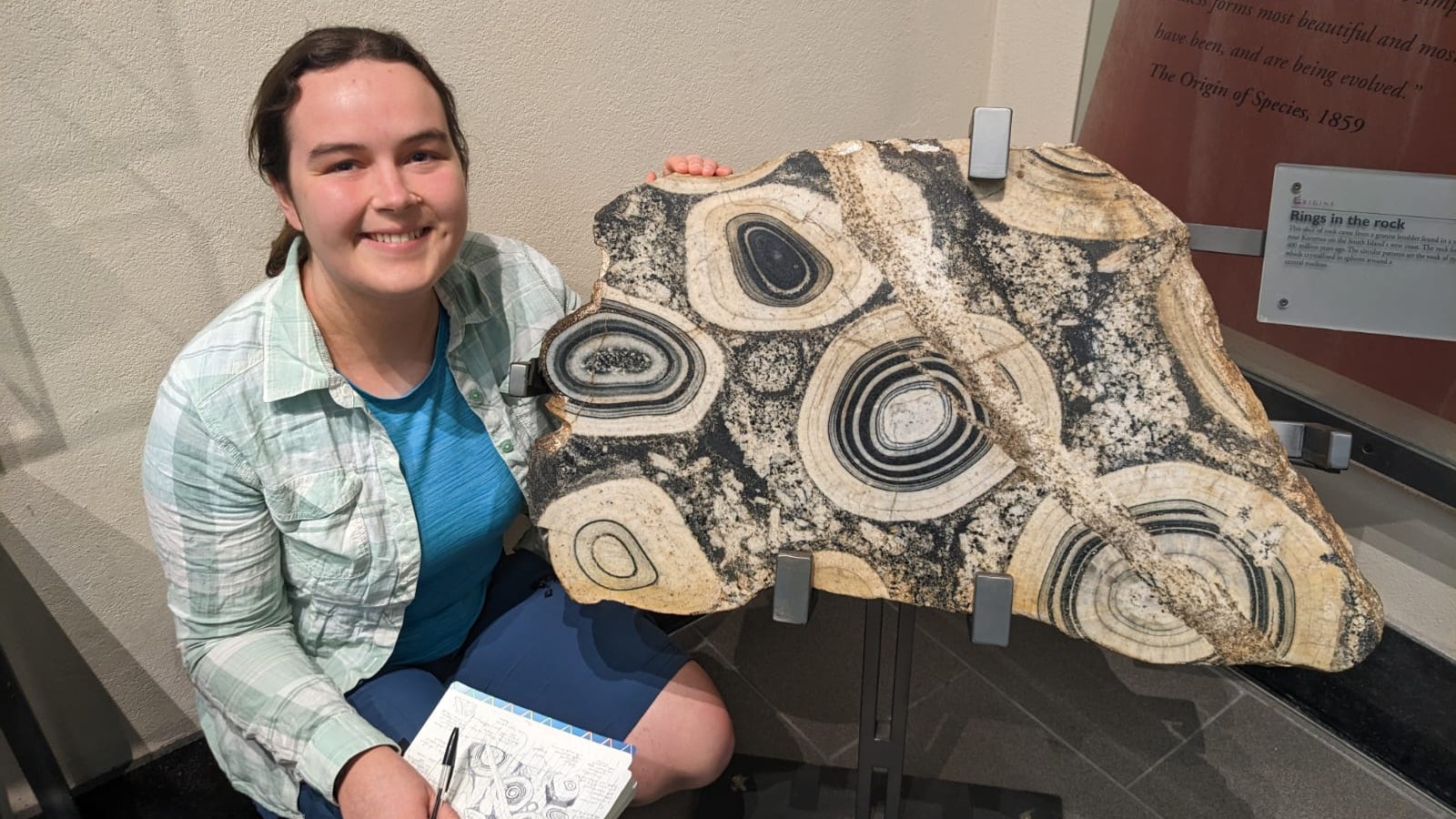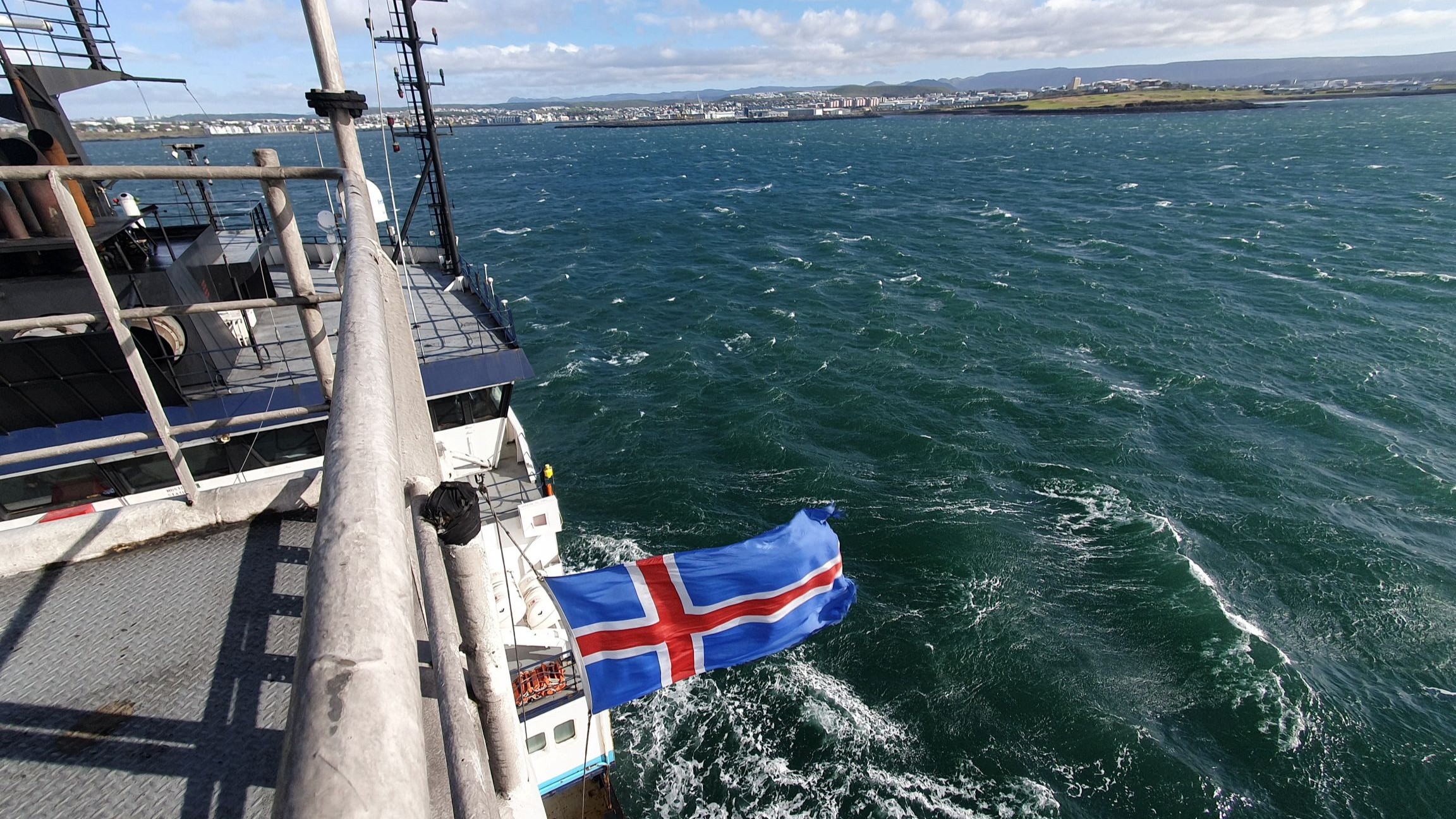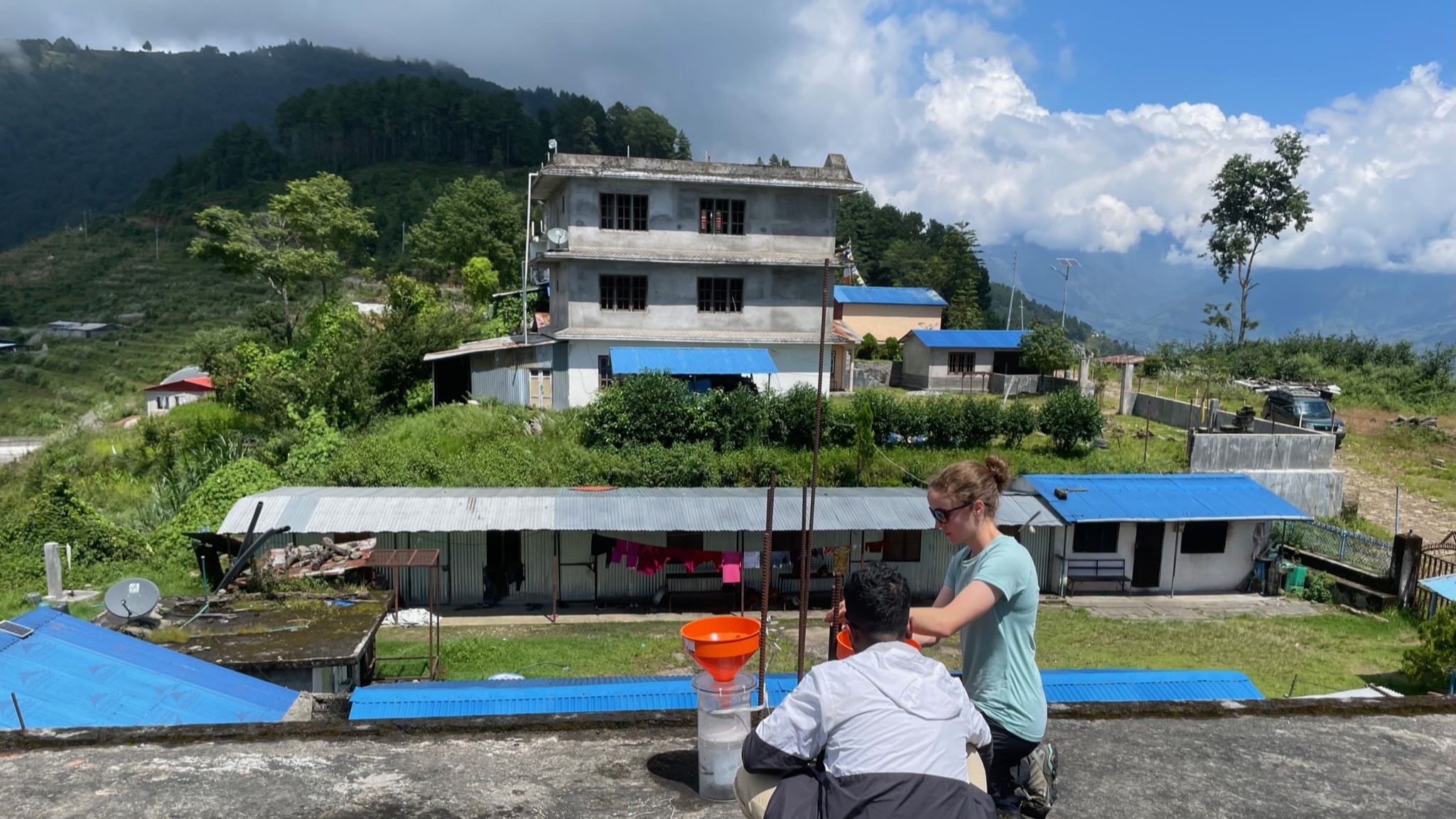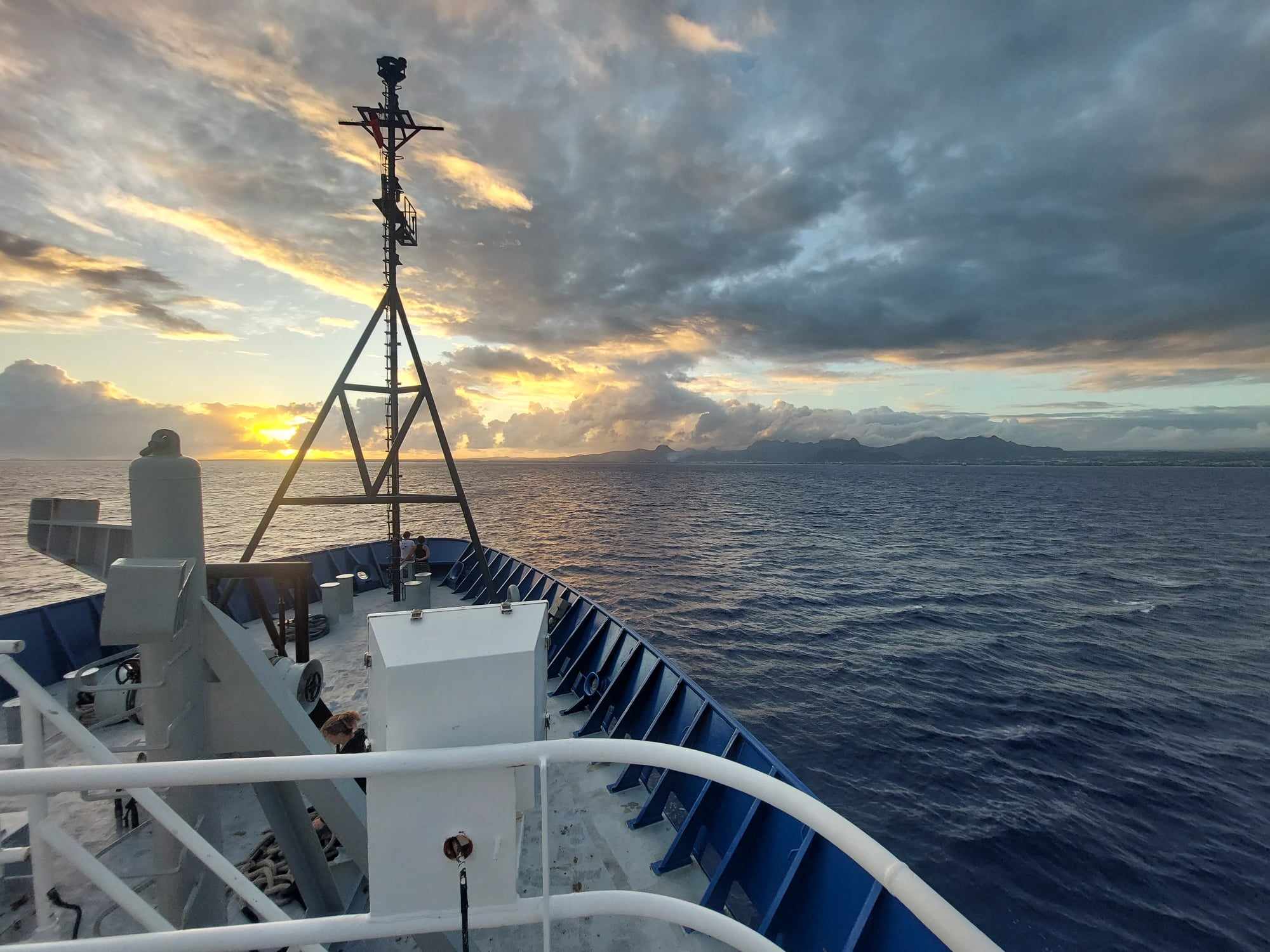“If I were to be trapped on a remote island by an all-powerful geologist for a week, Arran would be near the top of my list for the sheer range and beauty of its history. Trekking across the coast with hand-lens and friends close by was truly memorable and even more so when Ed Tipper used his extensive skillset to try convince us that crinoids grew to the size of a small town.” (Shifat, 1st year Natural Sciences student)
After weeks of lectures, practicals, and plenty of prep back in Cambridge, the long-anticipated first-year undergraduate field trip to the Isle of Arran finally began! This week-long geological journey took us across 600 million years of Earth’s history—from the late Precambrian to the Palaeogene—packed into one spectacular island off the west coast of Scotland.
Continue reading “Rocking Around Arran: Cambridge First-Year Earth Sciences Field Trip 2025”